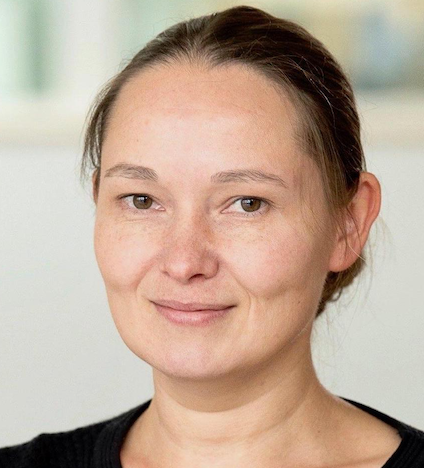MedTechLabs Seminar: Advanced methods in x-ray imaging - from x-ray physics to biomedical applications
Time: Wed 2021-10-13 16.00
Location: Online
Language: English
Participating: Julia Herzen, Assistant Professor, Biomedical Imaging Physics, Department of Physics & Munich Instit
Sign up link . A confirmation will be sent to you directly together with an on-line link to the seminar.
Abstract
Since the discovery of X-rays in 1895, the X-ray imaging has become an indispensable technique in research, as well as in diagnostic and industrial applications. Over the last few decades, phase-contrast X-ray imaging has been developed at brilliant synchrotron radiation sources using the refraction of X-rays to generate the contrast. This kind of imaging has been demonstrated to provide superior soft-tissue contrast in comparison to conventional attenuation-based X-ray imaging and several methods have been translated to work at standard laboratory X-ray sources. However, quantitative imaging of biomedical soft tissue at high spatial resolution and high image quality still remains challenging - both at brilliant synchrotron radiation sources and laboratory setups. We focus our research on method development for quantitative phase-contrast imaging at highly-brilliant and polychromatic X-ray sources, addressing the very special challenges of these techniques. Here, the potential of quantitative imaging will be reviewed by highlighting the recent results on biomedical soft-tissue analysis.

About Julia Herzen
Julia Herzen studied physics at the University of Hamburg (2006) and obtained her doctorate – which included a research stay at the Paul Scherrer Institute (Switzerland, 2008) – from the Helmholtz-Zentrum Geesthacht in 2010. She then worked as a post-doctoral researcher at TUM (2010 & 2014) and at the synchrotron source PETRA III (Hamburg, 2012) and held a position as interim professor at TU Dortmund (2015) before being appointed as Assistant Professor for Biomedical Imaging Physics at TUM in 2018.


